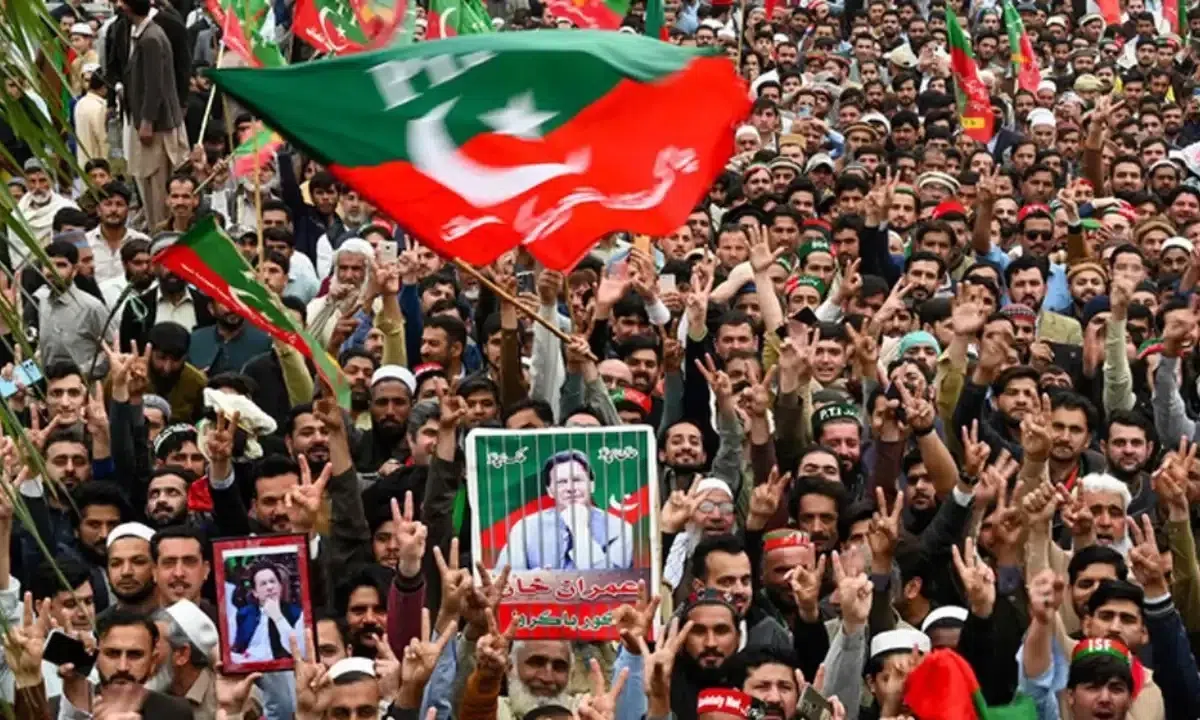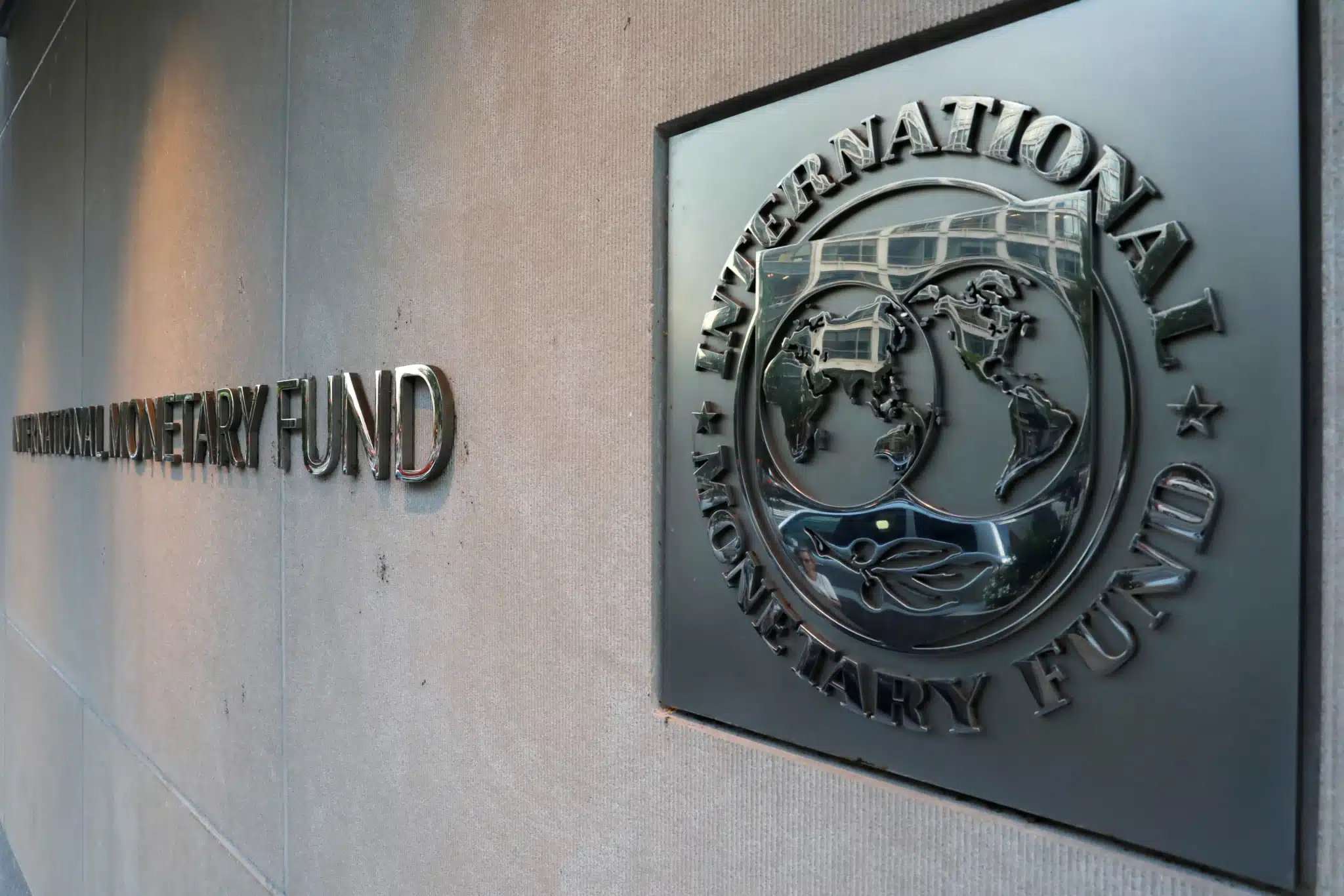The MBS launched the 2030 vision for the Kingdom of Saudi Arabia, which will reduce its reliance on petrodollars. This ambitious goal will be achieved by diversifying the economy and turning it into a hub of trade and economic activities.
This vision of MBS for 2030 rightly coincides with the evolving thinking on the economic front in Pakistan, where Islamabad is forced to abandon its financial model to reduce reliance on foreign dole-outs in the shape of dollar inflows, mostly as loans to finance its twin deficits, known as the current account deficit and fiscal deficit.
This convergence can help both countries usher in new goals for achieving maximum mutual benefits. But it can only be done with a paradigm shift to create a win-win situation for both sides.
The MBS Vision 2030 demonstrates that the Kingdom is ready to embrace the emerging realities whereby the dependence on oil is projected to reduce significantly in years to come, so new avenues are emerging on the economic horizon for moving towards exploring investment and promoting trade.
It can provide opportunities to Pakistan as well if we develop the right kind of synergies for complementing the developmental vision of MBS for KSA.
The MBS Vision of 2030 revolves around major themes such as building a vibrant society, a thriving economy, and an ambitious nation. Pakistan could attract benefits from the MBS Vision of 2030, and recently both sides have moved forward towards reaping the mutual benefits by signing over two dozen Memorandum of Understanding (MoU).
The KSA’s Minister for Investment, Khalid bin Abdulaziz Al-Falih, recently visited Pakistan and struck $2.2 billion for 27 agreements and MoUs, which were now enhanced to $2.8 billion for the number of MoUs reaching 34.
Both sides would have to work closely to convert these MoUs into viable and bankable projects. These MoUs signed by the two sides included a 70 million dollar investment in the agriculture sector, the establishment of advanced semiconductor chip manufacturing in Saudi Arabia, the establishment of a textile industry, a white oil pipeline project, an MoU for exploring investment opportunities, a hybrid power project, the development of transformer manufacturing facilities in both countries, cyber security measures for customers and businesses, and the export of spices and vegetables from Pakistan.
The establishment of the Special Investment Facilitation Council (SIFC) is jointly run by the Army and civilian side to provide a single window platform for resolving all kinds of stumbling blocks in the way of achieving the desired results.
The KSA concerns have also been resolved, or at least progress has been achieved, as in the case of Karachi Electric/Aljomaih, retention of influence in the Board of Directors, resolution of pending agreements, and financial settlements were achieved progress as 4 out of 6 issues resolved through SIFC. For Makhdoom Logistics, the removal from the blacklist and return of forfeited $520,000 were achieved as a two-step resolution mechanism proposed.
Pakistan had also pitched multibillion dollars investment from KSA and offered an attractive rate of return to Riyadh
Pakistan has also assured Saudi Arabia that it has struck a deal with the IMF under the $7 billion Extended Fund Facility (EFF) program. The buildup in the foreign exchange reserves crossing the psychological mark of $11 billion helped Islamabad to repatriate profits and dividends earned by Saudi investment companies here from Pakistan.
Now the stage is set to convert dreams and wishes into a reality, but it requires a lot of spadework for putting in place synergies and interdependence for the sake of the benefits of two brotherly countries.
















